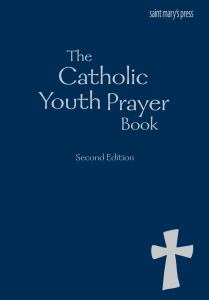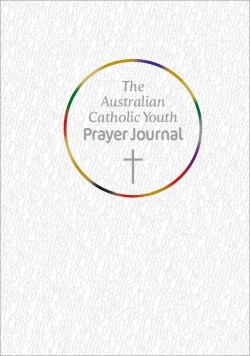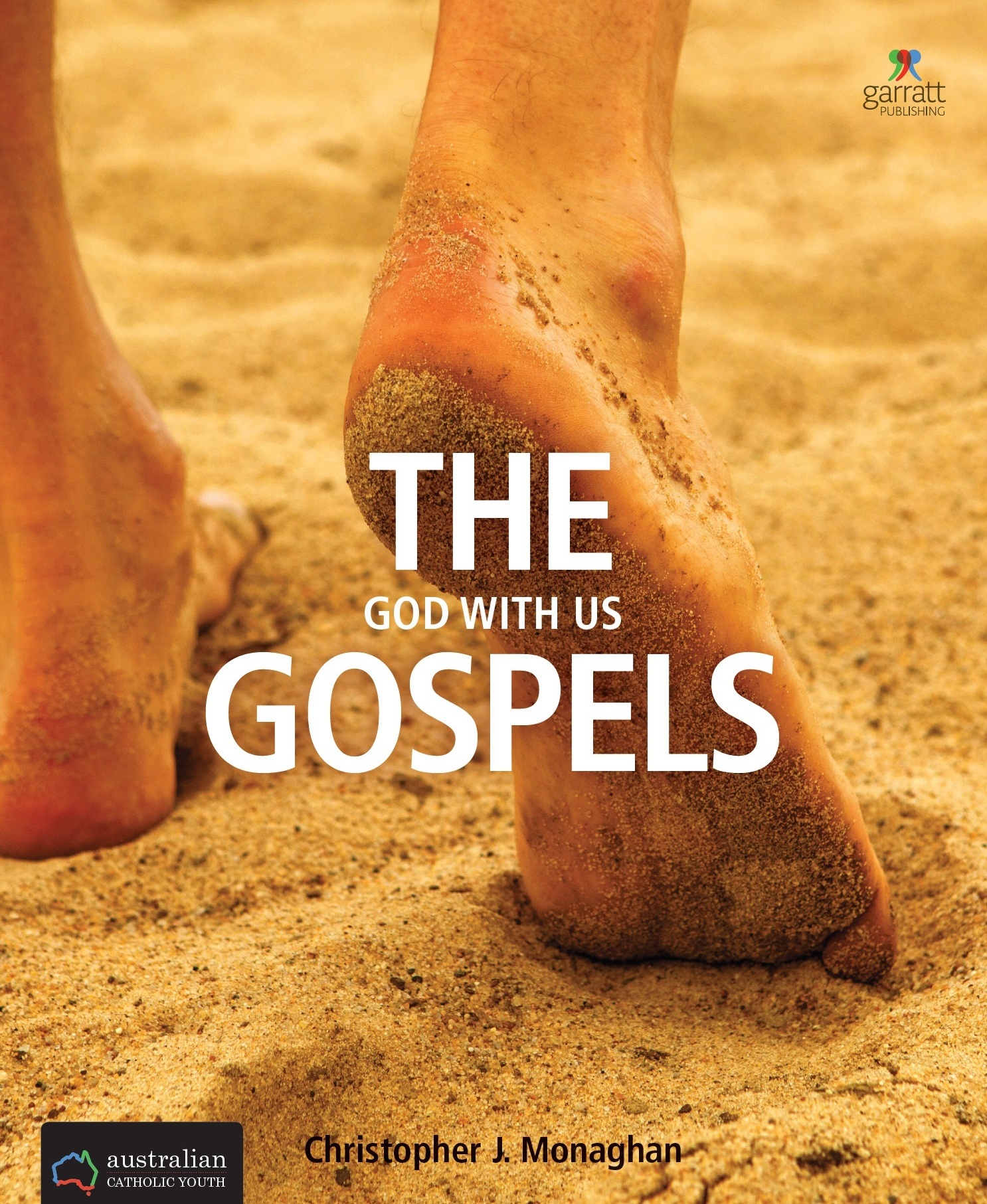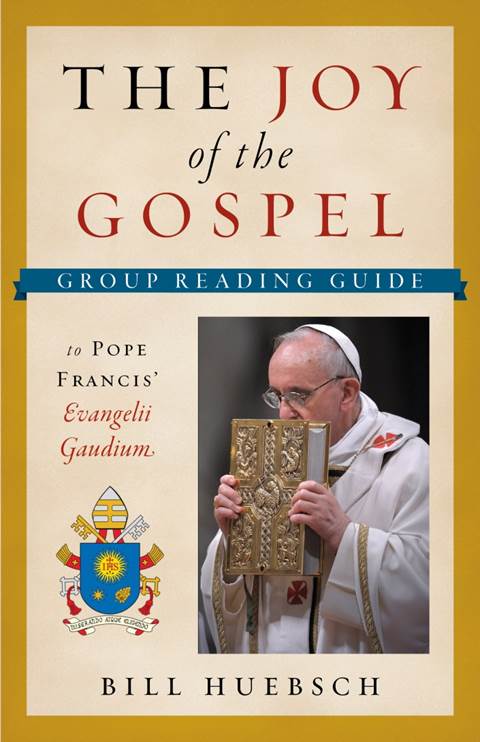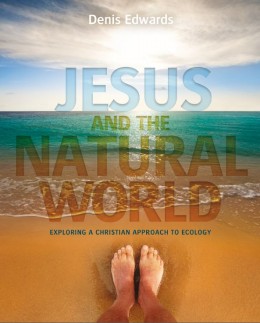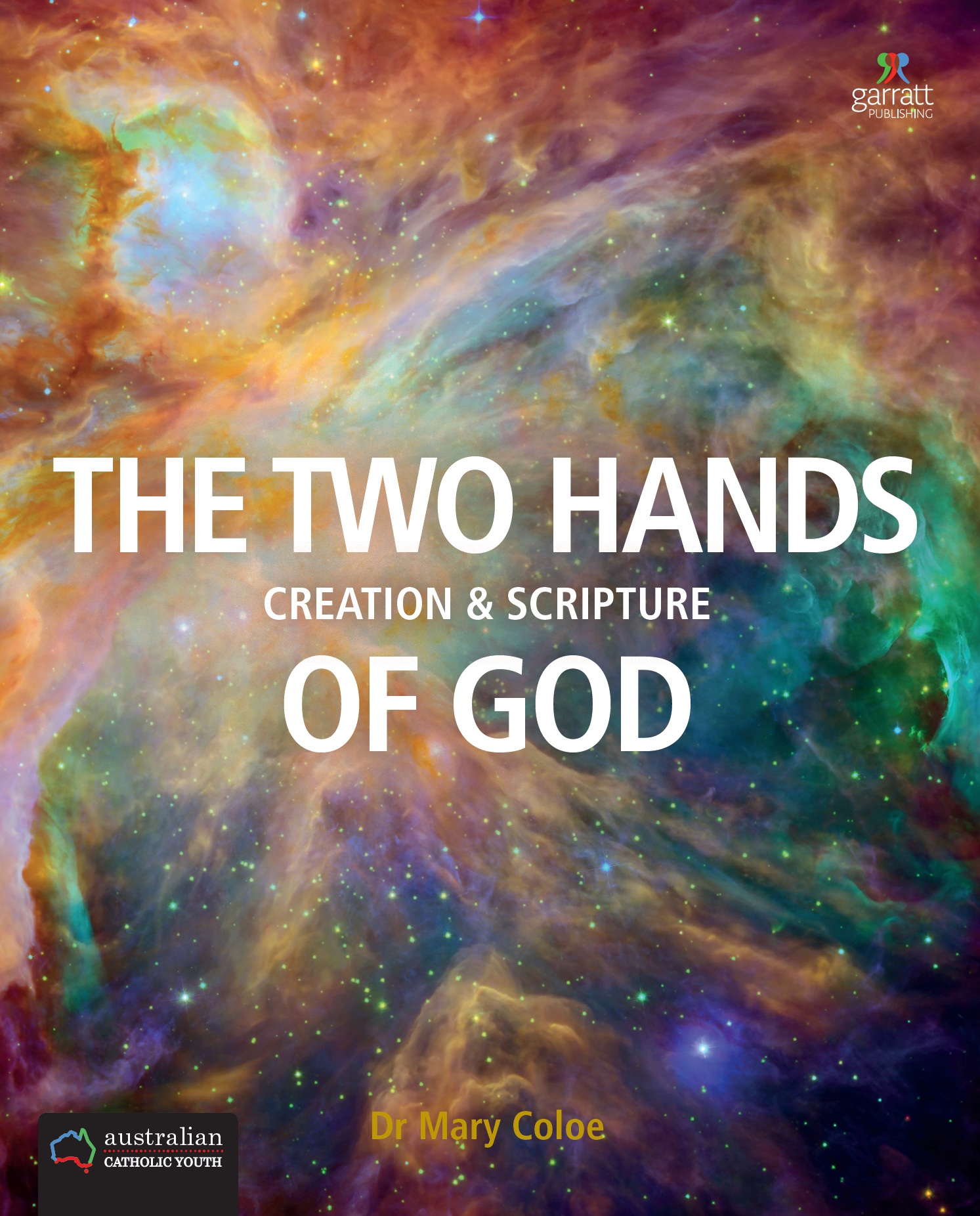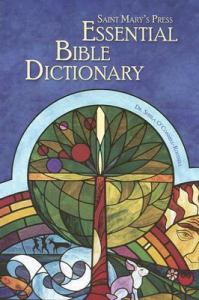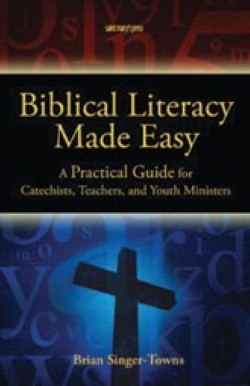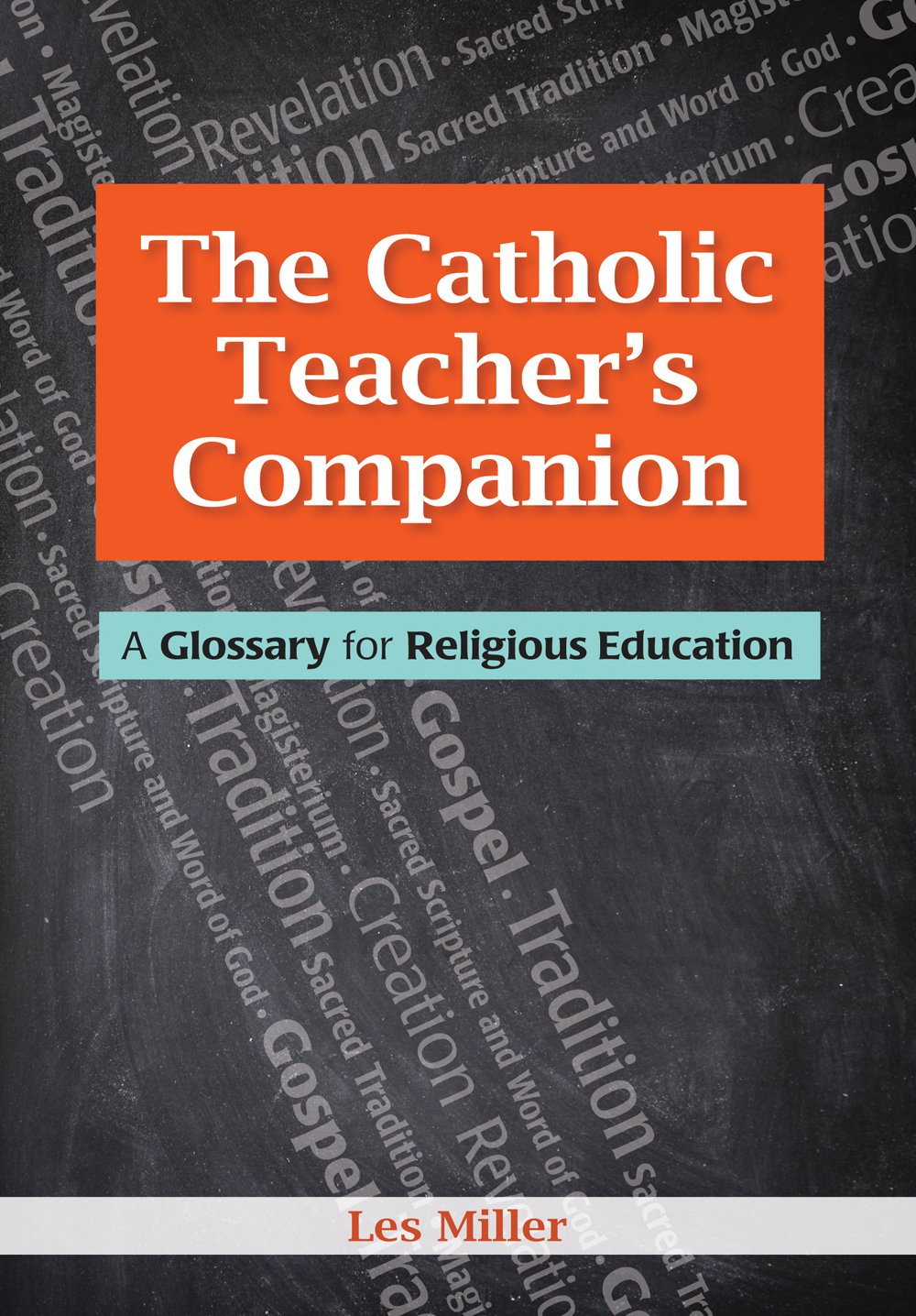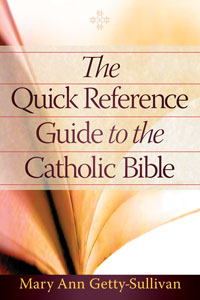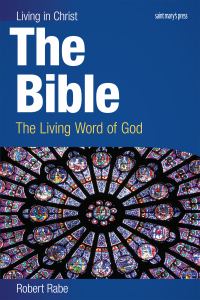- Home
- Issue 10: Care for Our Home
- Issue 9: Eco-Spirituality
- Issue 8: Interfaith Understanding
- Archives
- About us
- Contact
For Secondary
Pope Francis makes it very clear that “a Christian’s first task is to listen to the word of God, to listen to Jesus, because He speaks to us and saves us with His word.”
Above all else, the Holy Father wants young people to encounter Jesus Christ. He wants them to experience the love that God has for them.
To listen to the word of God, one needs to be familiar with the Bible. Leading modern-day, technically-sophisticated teenagers towards the Bible is unquestionably a challenge.
REmail wants to help. Over the next few editions, REmail will focus on the Bible.
This edition seeks to help teachers explain the importance and structure of the Bible. Future editions will discuss the main themes, some of the characters and what we can learn from them in the twenty-first century.
Prayer
May the God of hope fill you with all joy and peace in believing, so that you may abound in hope by the power of the Holy Spirit.
Prayer from: The Catholic Youth Prayer Journal (pg 118) based on the theme of Hope from the scripture verse: Romans 15:13
Other Prayers
Lord, offer hope to those who have none;
To those whose days are dark,
To those lost and alone,
To those just hanging on,
To those who feel they have nothing left to look forward to.
Remind them that hope is the miracle of being human.
Brighten their days with kindness shown by others,
With the goodness that is the living out of hope in our lives. Amen.
Suggestions on how to use these prayers:
1. Read this prayer for your daily class prayer or write down for individual reflection in your school diary.
2. Choose a theme for the week: e.g. Hope. Respond by writing your own prayer or a personal experience when you were afraid of losing hope.
Scripture
1. The Bible has a number of passages that refers to HOPE.
a. Read Romans 5:2-7 and comment on this verse: “…knowing that suffering produces endurance, and endurance produces character and character produces hope, and hope does not disappoint us…”
b. Do you agree that endurance produces character or that character produces hope? Find examples of this statement in current media stories or from people you know.
2. Understanding Biblical Literacy:
This verse comes from the Letter of St Paul to the Romans. Paul wrote this to the Christian community of Rome and was likely to have been his last letter.
3. Overview of Romans:
Who: Paul wrote this letter at the end of his missionary life.
What (genre or format): a letter, but also a formal document of his teachings (epistle or treatise.)
When: Around 58 AD and a few years before Paul was executed in Rome.
Where: Paul was in Corinth when he wrote the letter.
Why: To express Paul’s teachings and to ask for help from the Roman Christian community to help him reach his journey to Spain via Rome.
Now that you understand the context of the biblical verse, can you see why the topic of hope for the intended audience was so important? Imagine being a new Christian persecuted under a harsh, pagan Roman emperor. Today we don’t have the same level of persecution in the western culture, but we do have political, religious, and cultural oppression and persecution in the Middle East and countries in Africa.
a. Discuss the issue of hope, endurance and character forming in view of biblical and modern day conflicts – personal, locally and internationally.
b. Find out more about Paul.
For students and teachers:
- Refer to the Garratt Publishing Friendly Guides series and The Gospels, C. Monaghan.
For teachers:
- The Quick Reference Guide to the Catholic Bible, M.A. Getty-Sullivan, The Word Among Us press
- Biblical Literacy Made Easy: A practical Guide, Brian Singer-Towns, St Mary’s press
- The Bible: The Living Word of God, Robert Rabe, St Mary’s press
Reflection:
Lord, help me to reach out to those most in need,
To have compassion for the poor,
And to live a just life.
You have taught me to turn the other cheek;
May I show mercy through forgiveness,
And to pray for those who have harmed me.
Suggested Classroom Activities
1. According to the Facebook poll, the Bible is still on the top ten most influential books in the world. There are numerous movies based on bible stories and events. The latest movie, Noah, was a block buster movie.
Brainstorm in a group and discuss why there is still interest today in bible stories.
a. List your favourite bible stories/events and why
b. Search the internet for movies based on bible, including children’s animated movies. List them, the year they were made, which country they were made in, any reviews, any YouTube clips or trailers or controversy surrounding the content. Share them with the class.
c. List the movies that have had the most remakes and discuss in a group why this may be. Are these biblical stories still relevant today?
d. Which are the most popular biblical characters and why? E.g. Moses and Jesus.
e. Watch one biblical themed movie and present a review to the class.
f. List other forms of modern biblical narratives – musicals (Jesus Christ Superstar), songs in all genres from pop, rock, opera, dance, local shows (the Easter Passion plays) art exhibitions, novels (Dan Brown’s books) concerts (Handel’s Messiah) and any other you can find.
Information Overview:
The Bible consists of 73 books in total: 46 books are in the Old Testament (Before Christ – BC) and 27 books are in the New Testament (After Christ – AD).
2. Make a table and list the Old Testament and the New Testament books in order as set out in the Catholic Bible.
Use this grouping:
| THE PENTATEUCH (the Torah in Jewish Scripture, or Law- the First 5 books of the Bible) |
THE HISTORICAL BOOKS |
| Genesis | |
| Genesis | Joshua |
| Exodus | Judges |
| Leviticus | Ruth |
| Numbers | 1 and 2 Samuel |
| Deuteronomy | 1 and 2 Kings |
| 1 and 2 Chronicles | |
| Ezra | |
| Nehemiah | |
| Tobit | |
| Judith | |
| Esther | |
| 1 and 2 Maccabees | |
| 1 and 2 Maccabees | |
| 1 and 2 Maccabees | |
| 1 and 2 Maccabees |
| THE WISDOM BOOKS | THE BOOKS OF THE PROPHETS |
| Isaiah | Isaiah |
| Job | Isaiah |
| Psalms | Jeremiah |
| Proverbs | Lamentations |
| Ecclesiastes | Baruch |
| Song of Songs | Ezekiel |
| Wisdom | Daniel |
| Sirach | Hosea |
| Joel | |
| Amos | |
| Obadiah | |
| Jonah | |
| Micah | |
| Nahum | |
| Habakkuk | |
| Zephaniah | |
| Haggai | |
| Zechariah | |
| Malachi |
3. Fill in the New Testament books under the headings:
THE GOSPELS
HISTORY (1)
THE LETTERS
APOCALYTPIC (1)
Overview: A snapshot view of the Testaments
The Hebrew scriptures (the Old Testament) are a collection of writings that tell the story of the covenant between God and Israel over many centuries before Christ. They are pre-Christian writings that are a prequel to the coming of the Messiah.
The New Testament was written after Jesus’ death by Christian writers and did not span over such a long period of time. Paul was the first Christian writer who wrote around 50 AD and executed by Nero, the Roman Emperor around 62 AD. Mark wrote the first Gospel, around 65 AD, followed by other Gospels. John was the final gospel to written around 90 AD and the rest of the Letters were written up to the early second century.
4. Choose ONE book from either the Old Testament of the New and fill in information below:
Who wrote this book and any information you can find about him. Who was this book written for?
What themes and stories are in the book? What was going on at this time historically in that region?
When was the book written?
Where was the author at the time of the writing?
Why did the author write this book?
(Your Bible will have a special section where you can find the name of the bible book and the page number.)
For example:
Genesis 2:18-30. Look up the book of Genesis in the Old Testament, look for Chapter 2, then find verse 18 and stop at verse 30.
Refer to Two Hands of God, M. Coloe, for scripture on Genesis and the story on creation, with biblical literacy exercises.
5. Look up these popular bible passages:
| OLD TESTAMENT | NEW TESTAMENT |
| Genesis 1: 1 | Matthew 23: 37-39 |
| Psalm 23 | John 14: 6 |
| Luke 10: 30-37 | |
Choose ONE reading and explain what it means to you, using the 5 questions above.
Present your view as a:
- Modern day correspondence – eg email or Facebook post
- Media article – review, news, opinion, letter to the editor
- Visual media – photo, art, Instagram,
- Interactive media – podcast, movie, YouTube, song


